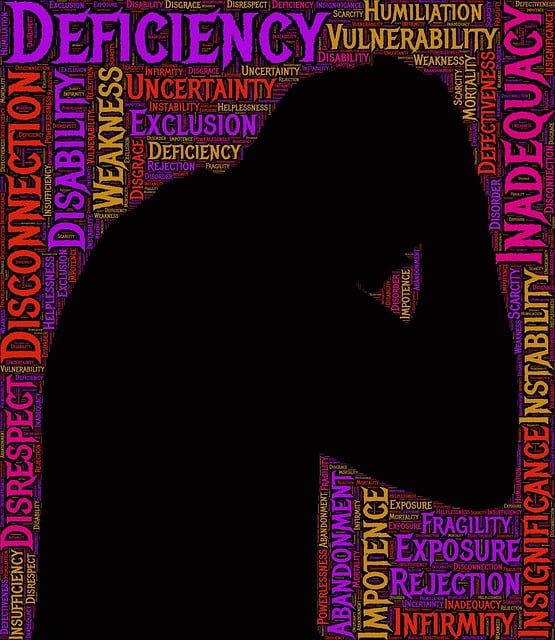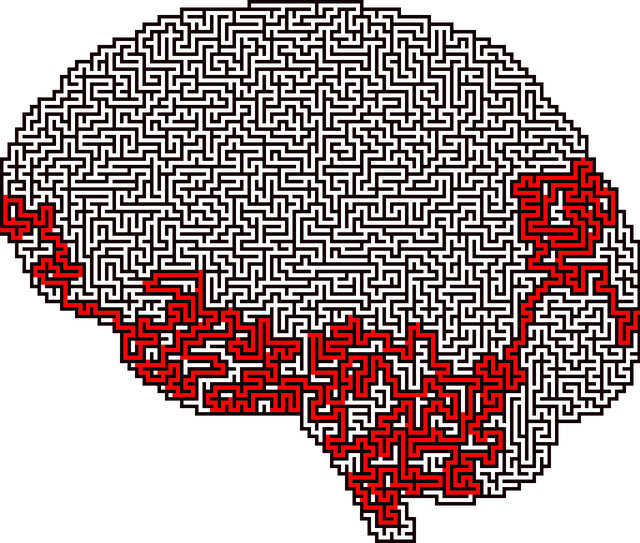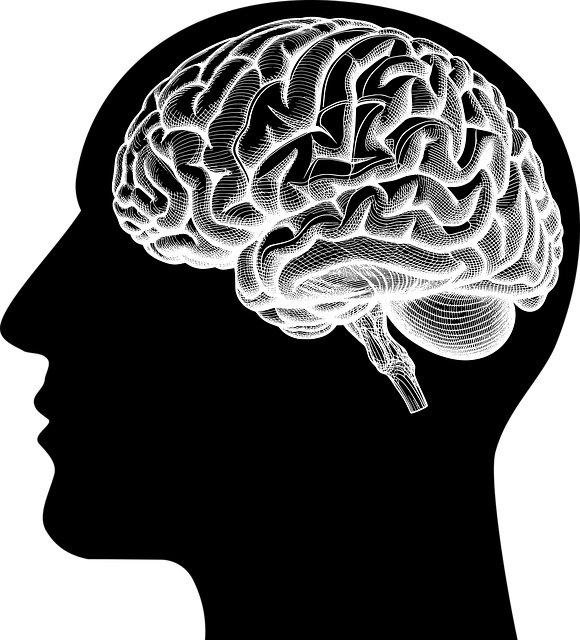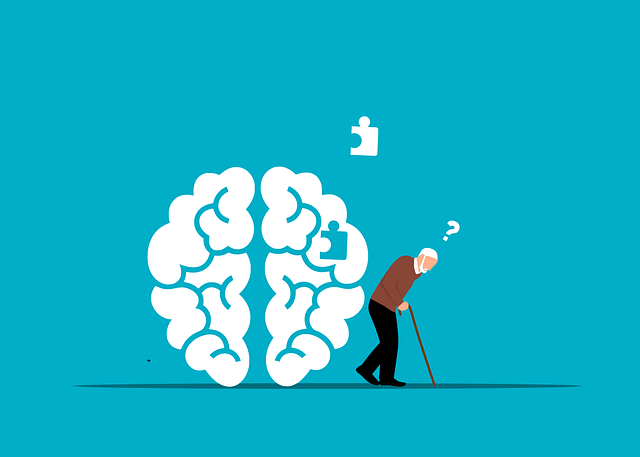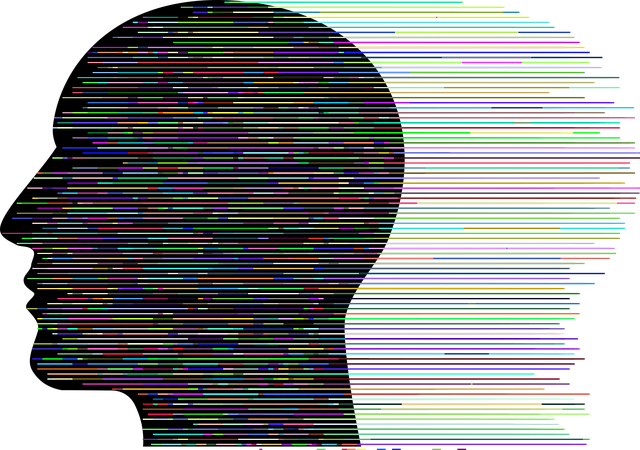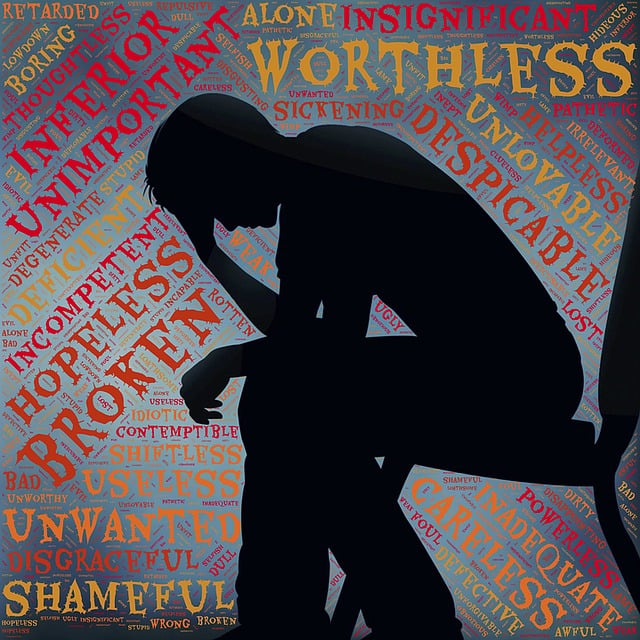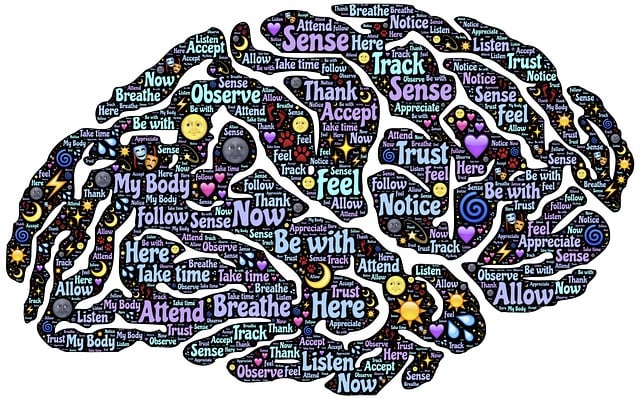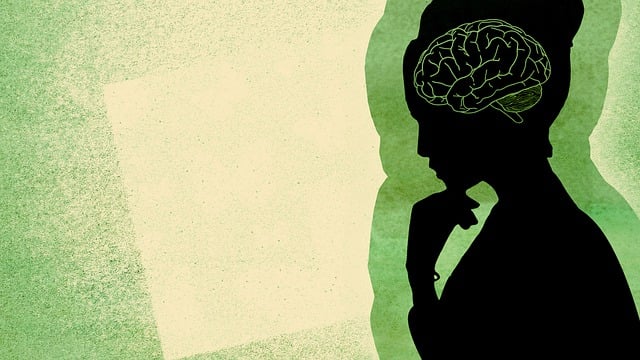Cultural sensitivity in mental healthcare, particularly at Lafayette Men's Issues Therapy, is vital for understanding and respecting diverse cultural beliefs and practices among men from various backgrounds. By acknowledging how cultural identity shapes mental health issues, therapists can tailor their approaches, fostering trust and enhancing therapeutic outcomes. Lafayette Men's Issues Therapy offers safe spaces for open emotional expression through personalized group therapy and individual counseling, addressing gender expectations and community pressures specific to different ethnic backgrounds. However, challenges like a lack of diverse therapists, inadequate training, and cultural miscommunications hinder comprehensive care. Successful cultural sensitivity is measured by client satisfaction, engagement, and treatment outcomes across demographics, ensuring compassionate, competent care that respects individual backgrounds.
In today’s diverse society, cultural sensitivity is paramount in mental healthcare practice. The article explores this crucial aspect, focusing on how understanding and addressing cultural nuances can significantly enhance therapeutic outcomes. We delve into specific strategies, examining real-world examples like Lafayette Men’s Issues Therapy, which adopts a culturally sensitive approach. Additionally, we discuss barriers to cultural competence and provide actionable steps for practitioners to improve their sensitivity. By the end, readers will understand the importance of measuring success in cultural sensitivity through effective evaluation methods.
- Understanding Cultural Sensitivity in Mental Healthcare
- Lafayette Men's Issues Therapy: A Cultural Approach
- Barriers to Cultural Competence in Therapy Sessions
- Strategies for Practicing Culturally Sensitive Therapy
- Measuring Success: Evaluating Cultural Sensitivity in Practice
Understanding Cultural Sensitivity in Mental Healthcare

Cultural sensitivity in mental healthcare refers to the ability to understand and respect diverse cultural beliefs, values, and practices when providing therapeutic services. This involves recognizing that individuals’ experiences and expressions of mental health issues can be shaped by their cultural backgrounds, which significantly impact their perception and response to therapy. For instance, what constitutes emotional regulation, a key aspect of mental wellness coaching programs development, might vary across cultures, influencing how clients approach treatment goals.
In the context of Lafayette men’s issues therapy, culturally sensitive practices are essential for fostering trust and ensuring effective support. By acknowledging cultural differences in burnout prevention strategies, therapists can tailor their approaches to address specific client needs, enhancing therapeutic outcomes. This sensitivity encourages a safe and inclusive environment, where men from diverse backgrounds can openly discuss their challenges and seek guidance without facing barriers related to cultural miscomprehension or insensitive interventions.
Lafayette Men's Issues Therapy: A Cultural Approach

Lafayette Men’s Issues Therapy offers a unique and culturally sensitive approach to addressing men’s mental health concerns. In a society where traditional gender roles often hinder open conversations about emotional well-being, this therapy center creates a safe space for men to explore and express their feelings without judgment. By embracing cultural diversity, the therapists at Lafayette Men’s Issues Therapy tailor their practices to accommodate various ethnic backgrounds, beliefs, and life experiences. This personalized approach is crucial in fostering trust and encouraging clients to engage actively in their healing journey.
The program focuses on holistic treatment, recognizing that mental health is deeply intertwined with one’s cultural identity. It provides a platform for men to discuss challenges unique to their cultural context, such as gender expectations, community pressures, and access to support systems. Through group therapy sessions and individual counseling, clients develop self-care routines tailored to their needs, promoting better mental health and potentially preventing issues like depression. Additionally, the center emphasizes risk management planning, ensuring professionals are equipped to handle cultural nuances in their practice, thereby enhancing patient outcomes and safety.
Barriers to Cultural Competence in Therapy Sessions

In the pursuit of effective mental healthcare, especially within contexts like Lafayette Men’s Issues Therapy, cultural sensitivity plays a pivotal role. However, several barriers often impede the path to achieving true cultural competence in therapy sessions. One significant obstacle is the lack of diversity among therapists themselves, leading to limited understanding and appreciation of diverse cultural perspectives and practices. This gap can result in miscommunications and inappropriate approaches during therapy.
Additionally, institutional factors such as inadequate training programs and resource constraints contribute to these barriers. Many professionals may not receive comprehensive instruction on cultural sensitivity, especially when it comes to addressing specific men’s issues within various cultural frameworks. Furthermore, the implementation of community outreach program initiatives and mental wellness coaching programs can be challenging due to these cultural disparities, hindering efforts in burnout prevention and holistic mental health support for all communities.
Strategies for Practicing Culturally Sensitive Therapy

In providing Lafayette Mens Issues Therapy, culturally sensitive therapists employ various strategies to create a supportive and understanding environment for clients from diverse backgrounds. One key approach is to actively listen and validate clients’ experiences, taking into account their cultural beliefs, values, and expressions of distress. This involves learning about different cultural practices, symbols, and communication styles to avoid assumptions or misinterpreting behaviors.
Additionally, therapists can incorporate culturally relevant techniques tailored to specific client needs, such as incorporating traditional healing practices for indigenous populations or using language that resonates with clients from specific ethnic groups. By offering Trauma Support Services, integrating stress management techniques, and facilitating Self-Esteem Improvement activities that align with cultural norms, therapists foster a deeper connection and enhance the therapeutic process.
Measuring Success: Evaluating Cultural Sensitivity in Practice

Measuring success in cultural sensitivity goes beyond mere intentions or policies. It requires a systematic approach to evaluate how well mental healthcare practices address the unique needs and challenges of diverse populations, such as men facing various issues in Lafayette. This involves looking at concrete outcomes related to client satisfaction, engagement, and treatment adherence among culturally diverse groups. By comparing these metrics within and across different demographic segments, practitioners can identify areas where cultural sensitivity is thriving and spots needing improvement.
For instance, successful cultural sensitivity in Lafayette Mens Issues Therapy could manifest as improved mood management and mental wellness for diverse clients, reflecting effective integration of relevant therapeutic approaches. The development of tailored Mental Wellness Coaching Programs and implementation of Burnout Prevention Strategies for Healthcare Providers can further enhance cultural sensitivity, ensuring that all individuals receive compassionate, competent care that respects their background and values.
Cultural sensitivity is a cornerstone of effective mental healthcare, and as evidenced by Lafayette Men’s Issues Therapy, adopting a cultural approach can significantly enhance therapeutic outcomes. By understanding the barriers to cultural competence and implementing practical strategies, therapists can create inclusive environments that honor diverse backgrounds. Measuring success through evaluation ensures continuous improvement, ultimately fostering stronger connections between healers and those they serve. This holistic approach not only benefits individual clients but also contributes to a more culturally responsive mental healthcare system as a whole.


